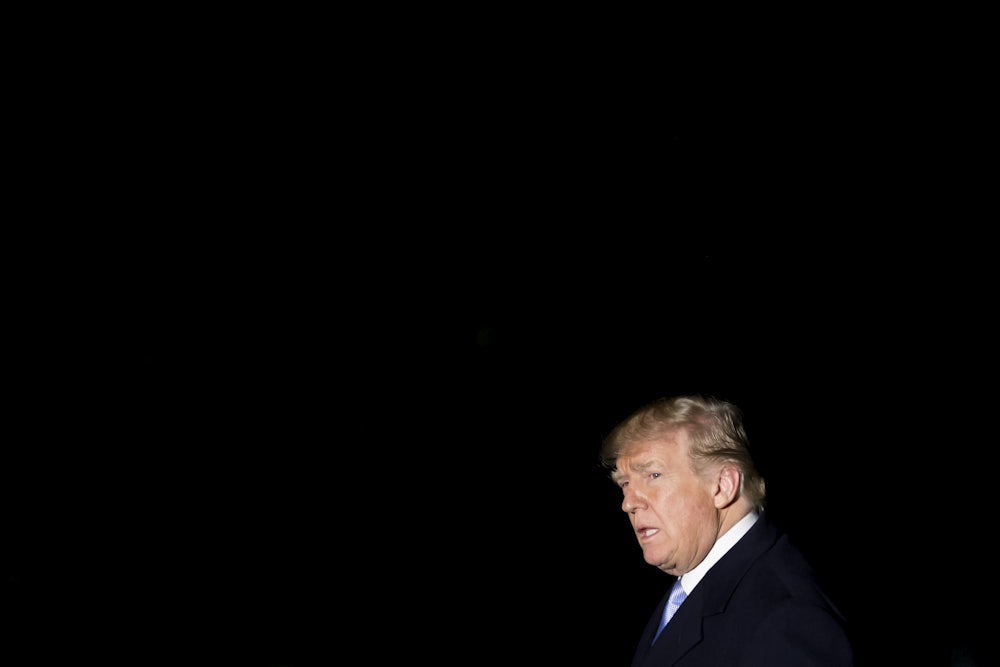Over the weekend, President Trump unleashed his most direct assault yet against special counsel Robert Mueller. On Saturday, one of Trump’s lawyers, John Dowd, called for an end to the Mueller probe—breaking with earlier statements, in which Trump’s legal team had affirmed their full cooperation with Mueller. “I pray that Acting Attorney General Rosenstein will follow the brilliant and courageous example of the FBI Office of Professional Responsibility and Attorney General Jeff Sessions and bring an end to alleged Russia Collusion investigation manufactured by McCabe’s boss James Comey based upon a fraudulent and corrupt Dossier,” Dowd said.
And on Sunday morning, aided by the firing of FBI Deputy Director Andrew McCabe, Trump attacked the Mueller probe.
The Mueller probe should never have been started in that there was no collusion and there was no crime. It was based on fraudulent activities and a Fake Dossier paid for by Crooked Hillary and the DNC, and improperly used in FISA COURT for surveillance of my campaign. WITCH HUNT!
— Donald J. Trump (@realDonaldTrump) March 18, 2018
Spent very little time with Andrew McCabe, but he never took notes when he was with me. I don’t believe he made memos except to help his own agenda, probably at a later date. Same with lying James Comey. Can we call them Fake Memos?
— Donald J. Trump (@realDonaldTrump) March 18, 2018
Why does the Mueller team have 13 hardened Democrats, some big Crooked Hillary supporters, and Zero Republicans? Another Dem recently added...does anyone think this is fair? And yet, there is NO COLLUSION!
— Donald J. Trump (@realDonaldTrump) March 18, 2018
In these tweets, Trump is doing three things. First, he’s using McCabe’s firing to discredit both McCabe and former FBI Director James Comey, whose firing is presumably being looked into by Mueller—obstruction of justice is one of the most likely charges Trump could face. Second, he’s tying McCabe and Comey—dismissed as partisan and corrupt—to the Mueller probe, whose findings he is prematurely trying to discredit.
But the third thing is the most important. Trump is launching a trial balloon to congressional Republicans to see what he can get away with. Trump’s previous moves against the Russia investigation have been met with an insistence from a variety of Republicans on the Hill that any move against Mueller would be an enormously costly one for the president. But thus far, Republicans—who have increasingly made their peace with Trump since the passage of the $1.5 trillion tax bill in December—have largely been silent, suggesting that they might rally to the president if he decides to move against the special counsel.
